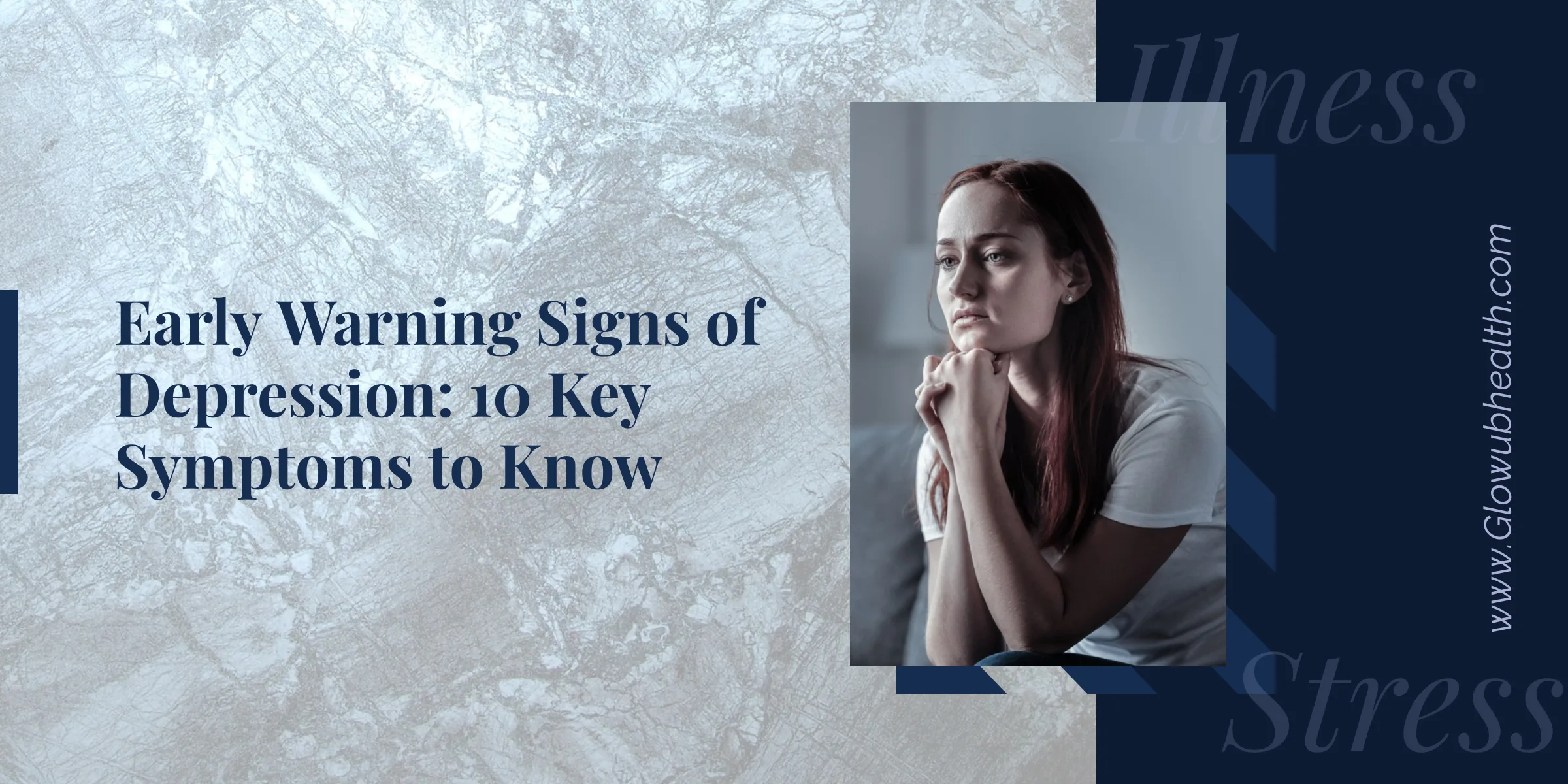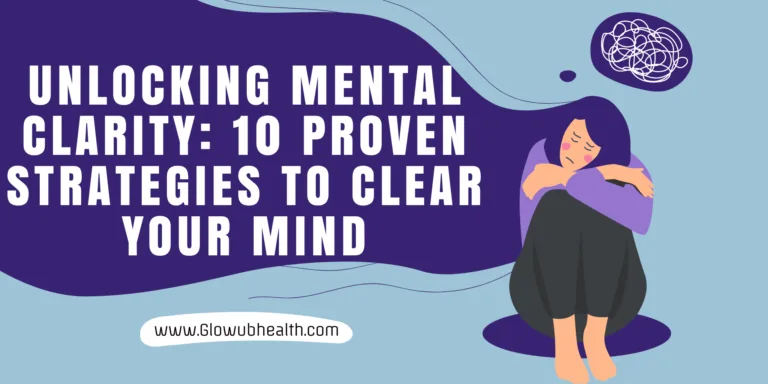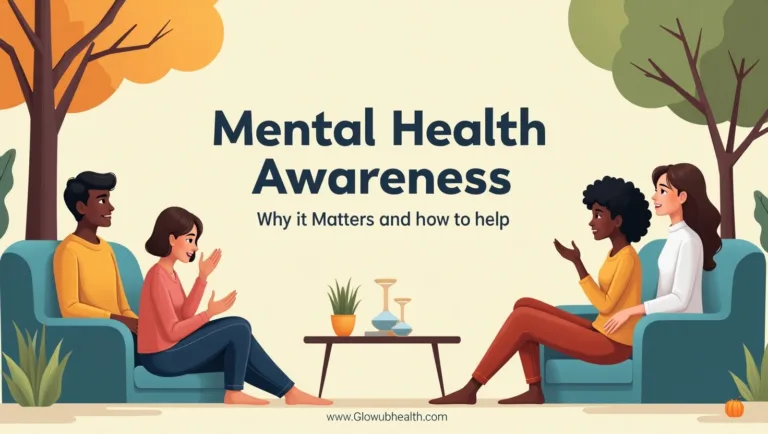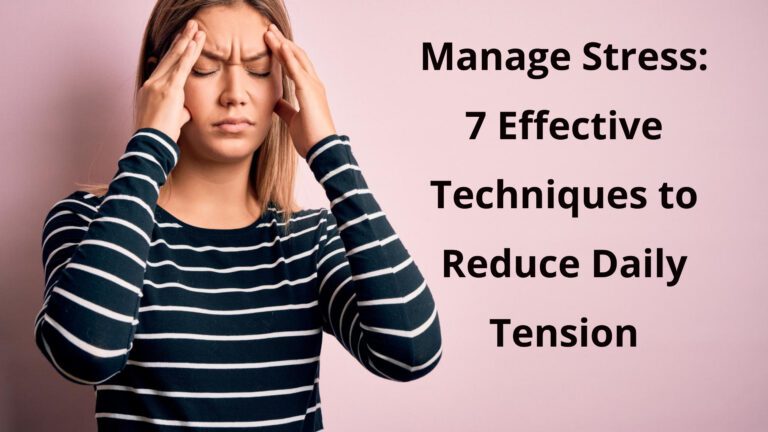Early Warning Signs of Depression: 10 Symptoms You Should Never Ignore
Depression affects more than 280 million people worldwide, according to the World Health Organization—but it doesn’t always start with overwhelming sadness. Sometimes, it begins quietly, with subtle shifts in mood, energy, or behavior that are easy to overlook. That’s why recognizing the early warning signs of depression is so important. Catching it early can make a world of difference in getting the right support and avoiding more serious mental health challenges.
In this guide, we’ll explore the lesser-known signs of depression, how they might relate to conditions like bipolar disorder, and practical steps you can take if you or someone you care about is struggling. Whether you’re seeking clarity, support, or simply more understanding, this article offers a compassionate, informed look at how to recognize and respond to the early signs of depression.
This content is for informational purposes only and does not substitute professional medical advice. If your child has specific skin conditions or concerns, please consult a pediatrician or dermatologist.

What is Depression, and Why Recognize It Early?
Depression is a complex mental health condition marked by persistent emotional, physical, and behavioral changes. Early intervention has been proven to:
- Improve treatment outcomes.
- Prevent the development of chronic mental health issues.
- Enhance the quality of life for individuals and their families.
Unlike temporary sadness or grief, depression involves prolonged symptoms that interfere with daily life. Knowing the early warning signs of depression can help identify when it’s time to seek professional help.
10 Symptoms of Depression You Should Never Ignore
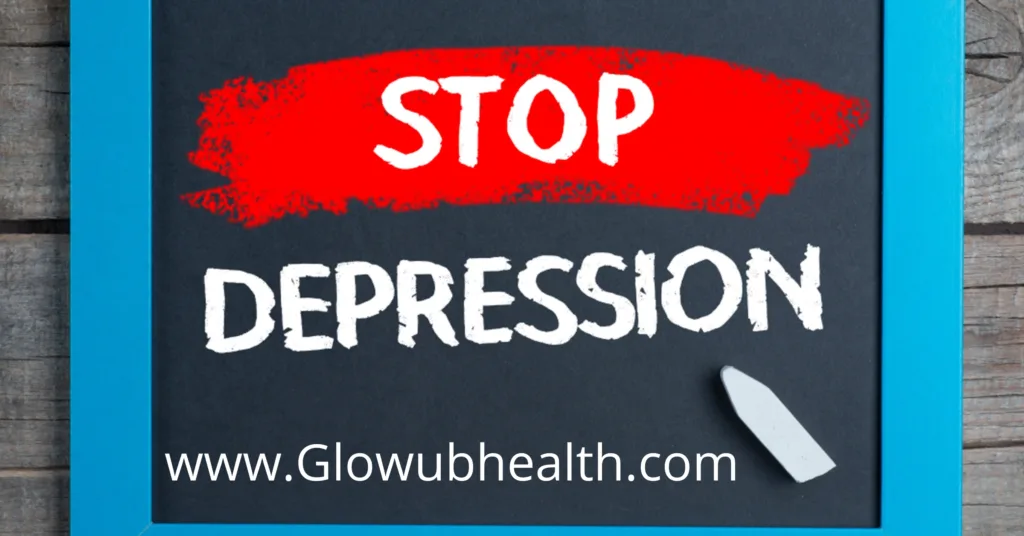
1) Persistent Feelings of Sadness, Hopelessness, or Emptiness
While it’s normal to feel sad occasionally, persistent feelings of hopelessness and emotional numbness lasting for weeks could signal depression.
Clinical Perspective:
Sadness in depression often lacks an external trigger. It becomes a baseline emotion, accompanied by feelings of worthlessness.
How It Presents in Real Life:
For instance, someone might say, “I don’t know why I feel this way—it’s as if I can’t see a future anymore.”
Actionable Insight:
- Journaling emotional patterns can help identify triggers and provide valuable insights for therapy.
- Open conversations with loved ones can reduce emotional isolation.
2) Loss of Interest in Activities Once Enjoyed (Anhedonia)
Anhedonia is one of the hallmark symptoms of depression. It represents a diminished ability to experience pleasure, even in activities previously enjoyed.
Example:
A sports enthusiast might stop attending games or even watching their favorite team, stating, “It just doesn’t excite me anymore.”
Research Insight:
Anhedonia often correlates with reduced activity in the brain’s reward system, particularly the ventral striatum, responsible for pleasure.
Practical Tips:
- Set realistic expectations—recovery is a process.
- Gradually reintroduce enjoyable activities, even in small doses.
3) Sleep Disturbances
Sleep is essential for mental health, and depression significantly disrupts sleep patterns. Symptoms can include:
- Insomnia: Trouble falling or staying asleep.
- Hypersomnia: Excessive sleeping without feeling rested.
Types of Sleep Disruptions in Depression
| Sleep Problem | Cause | Impact | Tip for Recovery |
|---|---|---|---|
| Insomnia | Overthinking, anxiety | Fatigue, reduced cognitive function | Create a calming bedtime routine |
| Hypersomnia | Emotional exhaustion, avoidance | Lethargy, diminished productivity | Limit naps and set alarms |
Read More: Why Do We Sleep? Unraveling the Science Behind a Good Night’s Rest
Personal Story:
Emily, a 32-year-old designer, shared how her insomnia led to constant fatigue and irritability, which exacerbated her depressive symptoms. Upon seeking professional help, a combination of therapy and melatonin supplements helped restore her sleep cycle.
4) Significant Changes in Appetite or Weight
Depression can manifest as a change in appetite, resulting in either unintended weight gain or weight loss.
Common Patterns:
- Overeating: Emotional eating as a coping mechanism.
- Reduced Appetite: A lack of interest in food due to emotional numbness.
Read More: Appetite Decrease: Understanding Causes, Symptoms, and When to Seek Help
How It Relates to Overall Health:
These changes may lead to nutritional deficiencies, which worsen depression symptoms.
5) Chronic Fatigue or Lack of Energy

Unlike normal tiredness, the fatigue experienced during depression is unrelenting. People may feel physically and mentally drained, even after sleeping or resting.
Why It Happens:
Fatigue in depression often stems from hormonal imbalances, such as increased cortisol (stress hormone) levels.
Proactive Measures:
- Avoid caffeine or sugar late in the day, as they can exacerbate energy crashes.
- Engage in light physical activities like walking. Exercise is proven to release endorphins that combat fatigue.
6) Irritability and Frustration Over Small Matters
Depression doesn’t always show up as sadness; for some, it manifests as irritability or anger over trivial matters.
Key Insights:
- This symptom is more prevalent in men, who might not express feelings of sadness as openly.
- It can damage relationships, creating further isolation.
Practical Approach:
- Create a safe environment to express emotions constructively.
- Practice mindfulness techniques to manage anger triggers.
7) Cognitive Impairment: Difficulty Concentrating or Making Decisions

Depression can slow cognitive functions, making tasks like decision-making, focusing, or problem-solving feel overwhelming.
Examples in Daily Life:
- Missing appointments or deadlines.
- Forgetting basic tasks, such as paying bills.
Strategies to Improve Focus:
- Use tools like reminders, planners, or productivity apps.
- Break tasks into smaller, manageable steps.
8) Unexplained Physical Symptoms
Depression often presents as physical ailments without any apparent medical cause. These symptoms include:
- Chronic headaches.
- Stomachaches or digestive issues.
- Muscle tension or unexplained pain.
Why This Happens:
The mind-body connection means that emotional distress can manifest physically.
9) Social Withdrawal or Isolation
Withdrawing from loved ones and social activities is a common response in depression. Social isolation perpetuates the condition, leading to feelings of loneliness.
How to Counteract It:
- Join support groups to connect with others experiencing similar struggles.
- Start with small, manageable interactions, like a phone call or coffee with a friend.
10) Thoughts of Death or Self-Harm
Perhaps the most concerning symptom, suicidal thoughts or behaviors indicate severe depression. These thoughts may be passive (“I wish I could disappear”) or active (planning self-harm).
Immediate Actions to Take:
- Speak to a trusted friend, family member, or therapist.
- Call a crisis hotline or seek emergency medical attention.
Read More: Manage Stress: 7 Effective Techniques to Reduce Daily Tension
Depression vs. Bipolar Disorder: Key Differences
Many symptoms of depression overlap with warning signs of a bipolar episode, particularly during depressive phases. Understanding these differences can aid in accurate diagnosis and treatment.
| Symptom | Unipolar Depression | Bipolar Disorder |
|---|---|---|
| Mood Swings | Rare | Frequent (mania to depression) |
| Energy Levels | Persistently low | Fluctuates (high/low) |
| Impulsivity | Minimal | High during manic episodes |
Actionable Strategies for Early Intervention
For Individuals:
- Regular Check-ins: Reflect on your mental and emotional well-being weekly.
- Healthy Habits: Prioritize exercise, sleep, and nutrition.
- Reach Out: Don’t hesitate to seek therapy or counseling.
For Supporting Others:
- Be Patient: Avoid judgment and offer consistent support.
- Open Conversations: Ask open-ended questions like, “How are you feeling lately?”
- Encourage Action: Suggest seeing a mental health professional if needed.
Conclusion: Early Action Saves Lives
Spotting the early warning signs of depression isn’t always easy—but it can make all the difference. When we recognize the symptoms early, we give ourselves or our loved ones a better chance at healing, support, and recovery.
Mental health matters just as much as physical health. If you’ve noticed these signs in yourself or someone you care about, don’t wait. Reach out. Talk to someone. Seek professional support. Even the smallest step forward can lead to real change—and a brighter, more hopeful path ahead.
You’re not alone. And it’s never too late to ask for help.
FAQ
1. What are the early warning signs of depression?
Early warning signs of depression include:
-Persistent sadness or hopelessness.
-Loss of interest in activities once enjoyed.
-Sleep disturbances (insomnia or hypersomnia).
-Appetite changes leading to weight gain or loss.
-Chronic fatigue or low energy.
-Irritability and frustration.
-Difficulty concentrating or making decisions.
-Unexplained physical symptoms (e.g., headaches, stomachaches).
-Social withdrawal or isolation.
-Thoughts of death or self-harm.
2. How can I differentiate between normal sadness and depression?
While normal sadness is typically tied to a specific event and fades over time, depression involves prolonged, unrelenting symptoms that interfere with daily functioning. If sadness lasts for more than two weeks and is accompanied by other symptoms like fatigue, cognitive impairment, or social withdrawal, it may indicate depression.
3. Can depression be confused with bipolar disorder?
Yes, many symptoms overlap between depression and bipolar disorder, especially during depressive episodes in bipolar disorder. However, bipolar disorder also includes manic episodes characterized by elevated energy, impulsivity, and risky behaviors. Consulting a mental health professional is essential for an accurate diagnosis.
4. Are physical symptoms like headaches related to depression?
Yes, depression often manifests as physical symptoms, including chronic headaches, stomach issues, or muscle pain. These symptoms are common due to the mind-body connection, where emotional distress can influence physical health.
5. How can I help someone showing early signs of depression?
-Encourage open conversations and active listening.
-Offer emotional support without judgment.
-Suggest professional help, such as therapy or counseling.
-Be patient and consistent in your support.
-Provide resources, like mental health hotlines or self-help books.
6. Can early intervention prevent severe depression?
Absolutely. Early intervention can improve outcomes, making symptoms more manageable and preventing complications like chronic depression or suicidal tendencies. Regular therapy, lifestyle changes, and medication (if necessary) can significantly help.
7. Is social withdrawal a reliable indicator of depression?
Yes, social withdrawal is a common sign of depression. When someone avoids friends, family, or social activities, it may indicate emotional distress or feelings of isolation, both hallmark symptoms of depression.
8. Can lifestyle changes help alleviate early depression symptoms?
Lifestyle changes can be effective, especially for mild depression. Regular exercise, a healthy diet, sufficient sleep, and mindfulness practices like meditation can improve mood and energy levels. However, professional help is recommended for moderate to severe cases.
9. When should I seek professional help for depression?
Seek professional help if:
-Symptoms persist for more than two weeks.
-Daily functioning is impaired (work, relationships, self-care).
-You experience thoughts of self-harm or suicide.
-Physical symptoms remain unexplained by other medical conditions.
10. What should I do if I suspect someone is suicidal?
If someone shows suicidal tendencies, take these steps:
–Act Immediately: Call a crisis hotline or emergency services in your area.
-Stay with Them: Offer your presence and listen empathetically.
-Remove Hazards: Ensure they don’t have access to harmful items.
-Encourage Professional Help: Support them in contacting a therapist or counselor.
Remember, timely action can save lives.
